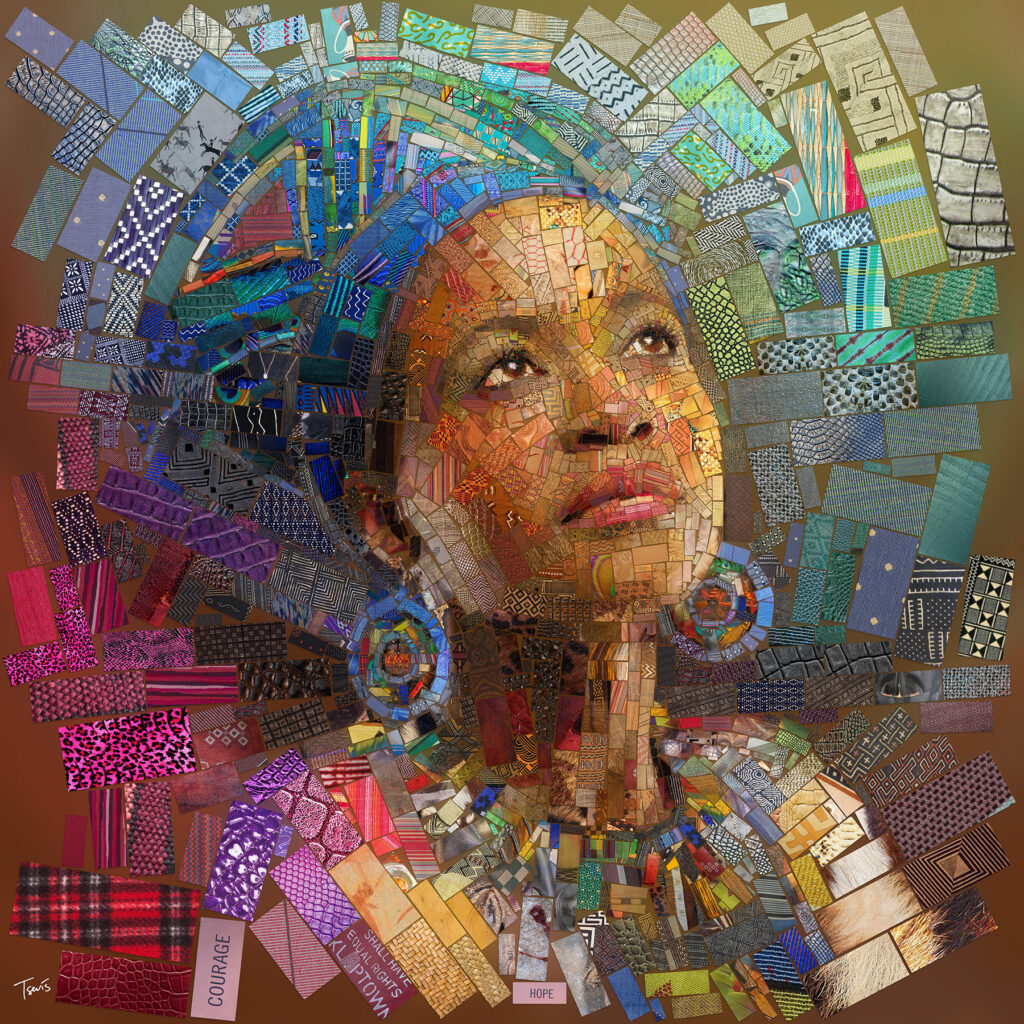Africa’s diverse cultures, valuable traditions, and intricate history enrich the continent. Africa stands ready to adopt its distinct identity and outlook.
Despite external influences present today, Africans must nurture their culture to avoid imposition from foreign entities while developing their ideologies independently.
For many years, African cultures have captivated and stimulated the world. Whether it’s through expressive beats in traditional music or complex patterns found in native artwork, Africa showcases a diverse range of creativity that reflects its heritage.
By embracing this imaginative mosaic of customs with pride and admiration, Africans can foster their perspectives rooted in cultural independence.

Preservation of Indigenous Knowledge
Indigenous African culture has always emphasized the conservation of environmental resources and ecosystems.
By preserving ecological practices, traditional knowledge, and beliefs, Africans have amassed a wealth of wisdom that underpins their ideologies.
This indigenous knowledge offers invaluable guidance for designing inventive approaches towards achieving sustainable development in Africa’s environment.
Promoting a thorough understanding of Africa’s history and cultural legacy is essential in encouraging unique perspectives among the youth.
By incorporating traditional cultural elements into academic structures, and promoting awareness about the richness embedded within African heritage, young minds can develop a profound appreciation for their roots.
Ultimately this approach bolsters self-esteem and confidence towards local resources while stoking innovation and igniting creativity.

Promoting Economic Opportunity
African culture has left its mark on numerous industries, including music and fashion, showcasing the global impact it holds.
Contemporary musicians have infused African instrumentation and ideas into their artistry while the world of haute couture often draws inspiration from African traditions in creating trendy designs.
By doing so, this cultural influence continues to fuel progress within modern societies by generating economic opportunities for growth. This demonstrates just how powerful Africa’s arsenal of cultural resources truly is!
Although frequently overlooked by academic research, the African Diaspora is an essential force in promoting development both within individual nations and throughout the continent as a whole.
Valuable financial support from remittances directly fosters education, housing, and business expansion on a grassroots level.
Furthermore, implementing proactive policies to encourage investment from diaspora communities while establishing effective regional-level financing mechanisms would greatly bolster economic opportunities across Africa at large.

Integration of Cultural Exchanges
National policies prioritizing Diasporas’ improvement are crucial, and this can be achieved through overseas embassies.
These policies facilitate the advancement of African cultures and nations while also promoting robust partnerships within the economic sector.
As a result, socially sustainable societies with environmental benefits are formed. Furthermore, these policies serve as an avenue to address current challenges whilst preserving historical cultural heritage – fostering connections between eras and cultivating optimism towards promising futures.
As Africa navigates the complex landscape of globalization and external influences, it must prioritize developing unique African perspectives free from foreign imposition.
Achieving this involves preserving indigenous knowledge, creating economic opportunities, and embracing cultural autonomy. By following this path, Africa will honor its heritage while fostering innovation and sustainable growth.
Now is the opportune time for Africa to cultivate a culture that sustains rich traditions and propels it toward defining future ideologies based solely on home-grown principles and beliefs.
